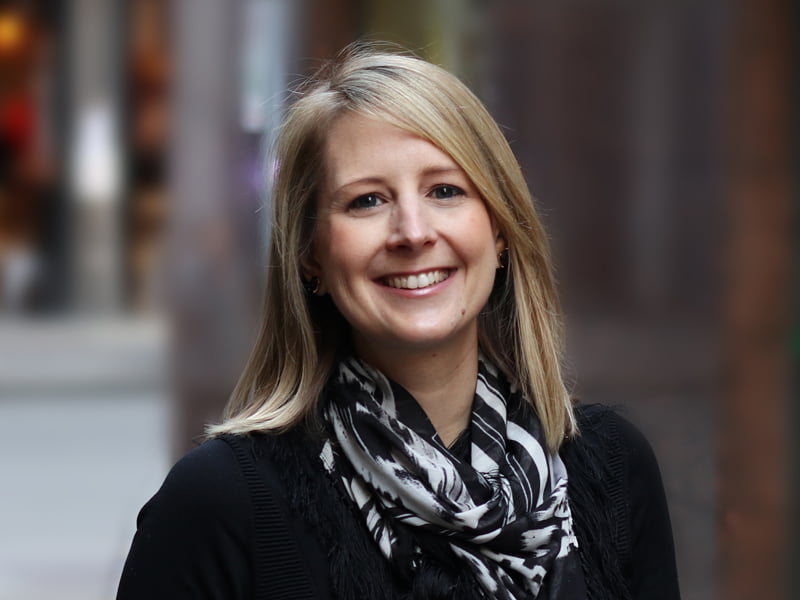The female-founder focused SheStarts program launched in January by Sydney-based accelerator Blue Chilli with the aim of supporting a league of extraordinary women has said farewell to its first cohort of graduates.
It’s generally agreed that gender diversity in technology has long been a systemic issue. Through SheStarts, BlueChilli has had a crack at changing that. The pioneering work of SheStarts included a 28-episode documentary series that followed the progress of the founders through the program.
SheStarts director Nicola Hazell said the program gives women the much needed entry point to get into the startup ecosystem.
“The data is in the evidence. It is unequivocal that diversity in business leads to better innovation, better creative activity, and greater bottom lines, and that if we are gathering ideas from only half our population, we’re holding ourselves back,” Ms Hazell told InnovationAus.com.

“It’s really a no-brainer. For us [at BlueChilli] the impact of creating this model, this program, this campaign and this community has had for us as a company; it has allowed us to tap into some of the most phenomenal businesses
“I don’t know if we could ever go back to not working with these kinds of companies.”
Ms Hazell is referring to the first cohort of eight startups and their female founders who have been building out their ideas since January. The women behind each of these startups did not have a background in technology, but rather have come from industries including veterinary science, accounting and farming.
“We cannot limit the opportunities of startups in this country to people who currently exist in what is an embryotic ecosystem.
“We have to reach out into our communities to find the people who are passionate about solving problems, who have experience in an issue, and a commitment to solving, wanting to learn and engaging with technology to scale a real solution.
“That’s where we’re going to build companies that are unique, and are not about a solution looking for a problem but an individual with an idea to solve a problem they know needs to be solved.”
But gender diversity was not just a conversation for the industry, but something that needed to be addressed specifically by government also, Ms Hazell said.
The Australian government also had a role to help push is to make Australian startups appealing on an international scale.
“It’s an exciting opportunity for Australia to not feel like we need to bring everything in. We have actual things happening here that we can give, and that’s an exciting area for government to look at, too.”
But before that can happen, Ms Hazell said Australian startups need to recognise other startups in the country are not their enemies but should instead be viewed as potential business partners.
“As a country, we know we’re the small guy in a big pool. We’re the little country on the other side of the world to everywhere. Obviously, we’re much closer to the world with globalisation and with the rise of South East Asia…however, there is a sense because we’re tucked away, we need to draw best practice from overseas sometimes.
“It’s absolutely true we need to be connected with what’s happening all over the world and we need to be bringing in people and creating those connections. [But] how can we grow the connections that already exist here?
“We also need to acknowledge we have some great best practices being developed here, we have some phenomenal experienced entrepreneur, and it’s looking at how we can build an ecosystem in a different way to ensure that continues to grow and is exportable.”
Do you know more? Contact James Riley via Email.

